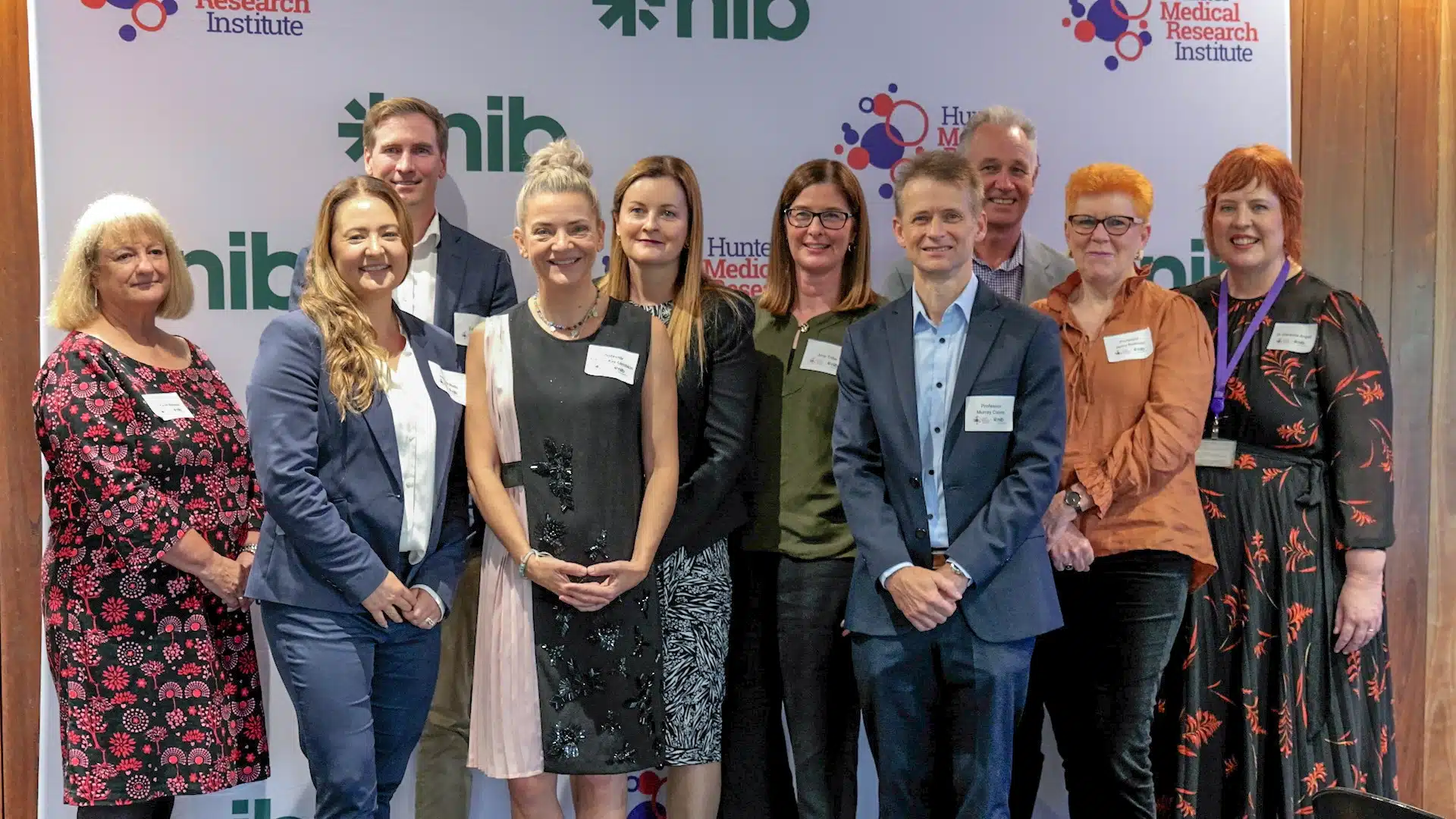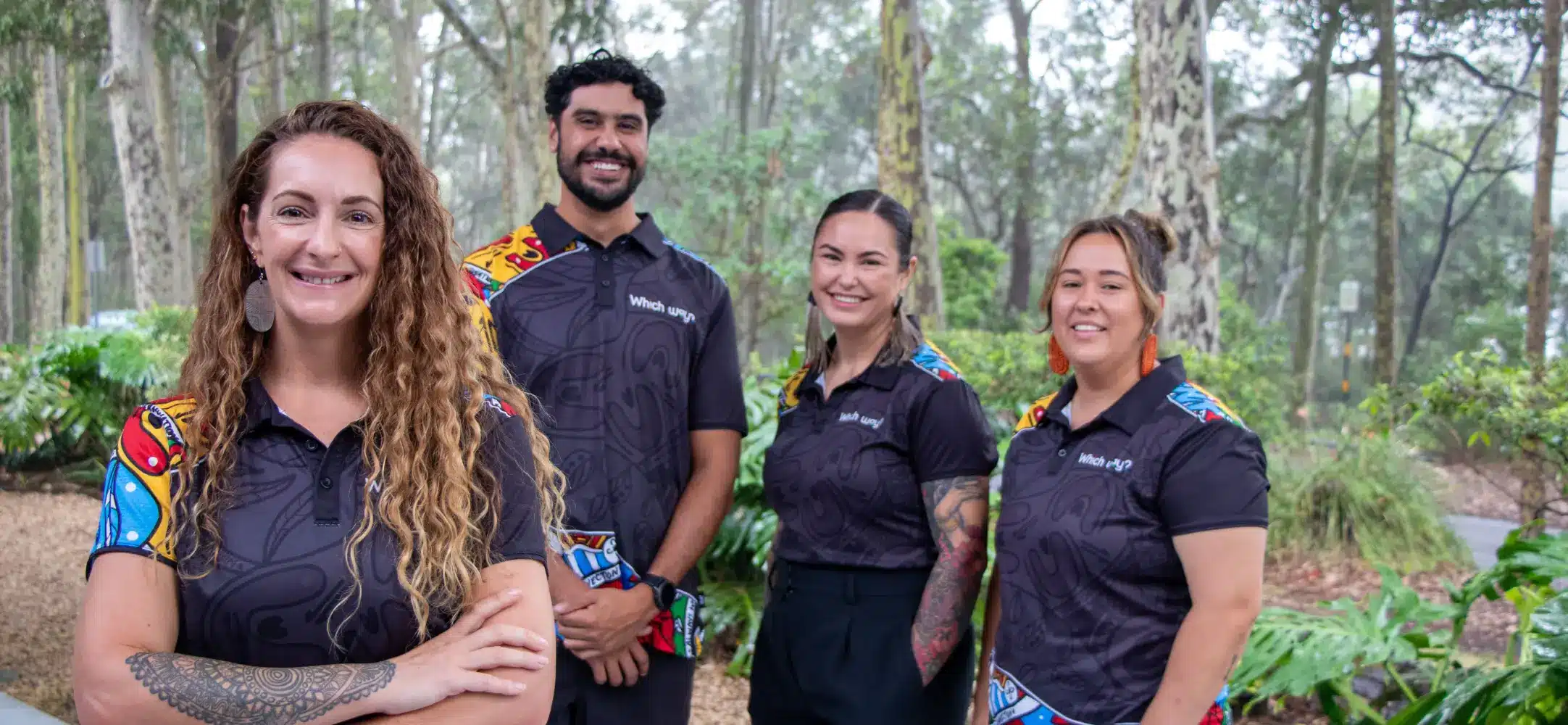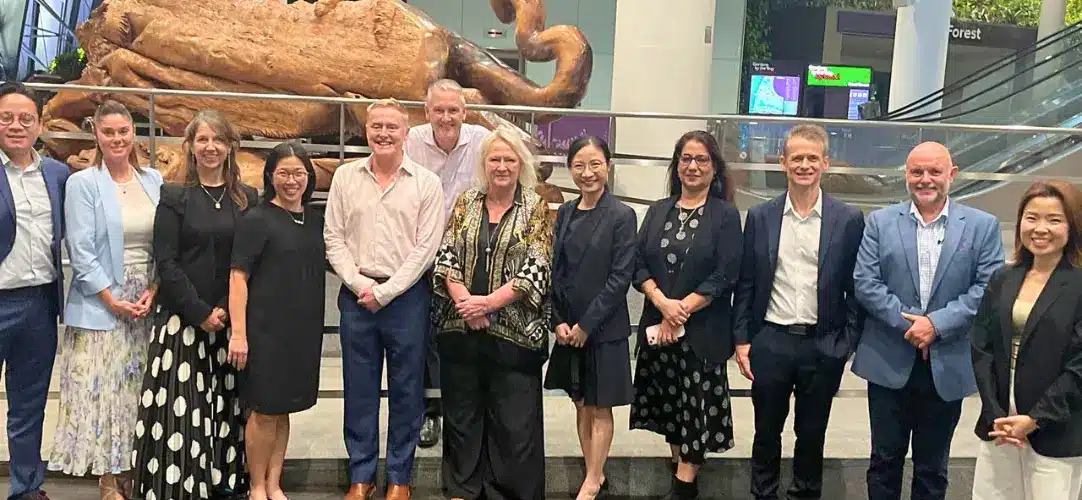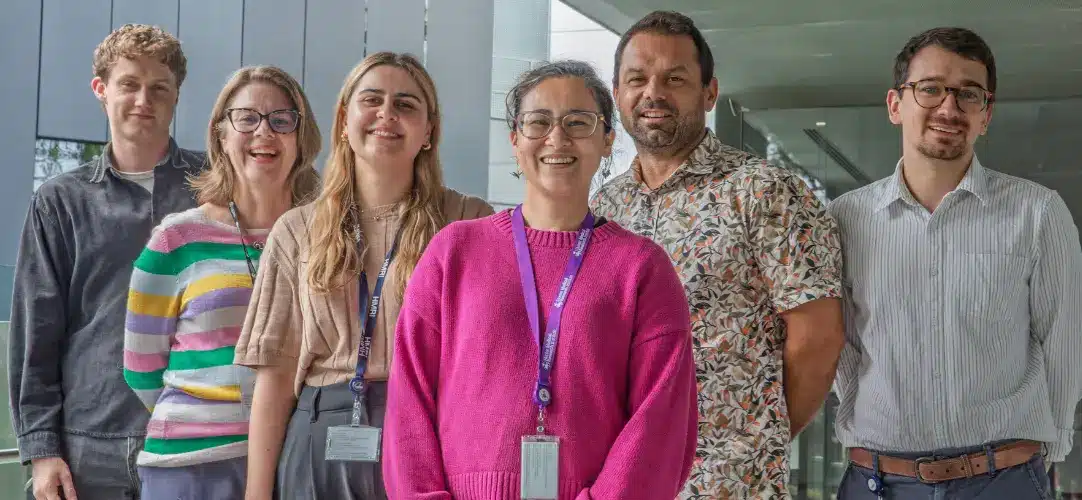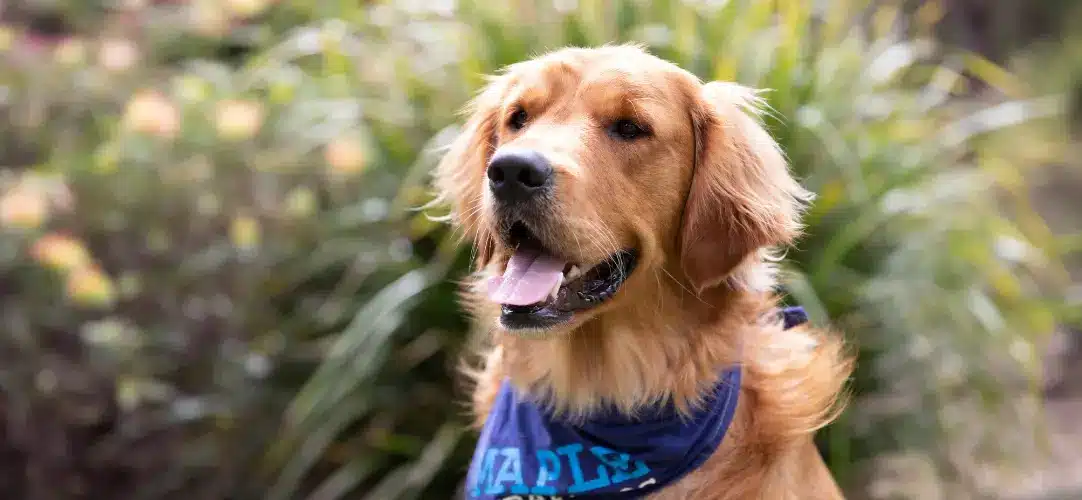Psychology and child development researcher, Dr Olivia Whalen, is working side-by-side with autistic people.
She’s recently established Newcastle’s first Neuroadvisory group to increase inclusion in research. The group, comprising autistic and neurodivergent community members, will help set research priorities and co-produce autism research. They want the group to be a resource for researchers and educators, one where they can present a grant or an idea, some results and get consumer input.
Her research background is in asthma, child development, mental health and Aboriginal and Torres Strait Islander health and education. But today, Olivia’s main focus is autism and ways that autistic people and their families can be better supported from the beginning. Olivia’s interest in autism stemmed from a shift in thinking around research in this area.
“A lot of prior autism research was looking at the biology or causes of autism or designing ‘interventions’ that ‘improved’ the characteristics,” explains Olivia.
Essentially, there was a huge mismatch between the priorities of autism research and the priorities of autistic people. However, the neurodiversity movement really challenges these assumptions.
“Researchers are being held accountable to produce real-life benefits for autistic people.”
Olivia also looks at the coexistence of physical health issues and autism, in particular asthma and pain, and the parenting experiences of autistic people—areas that are of interest to her personally.
“There’s something very heart-warming about presenting a research idea to an autistic person and them saying, ‘I wish this had been done years ago’”, shares Olivia.

